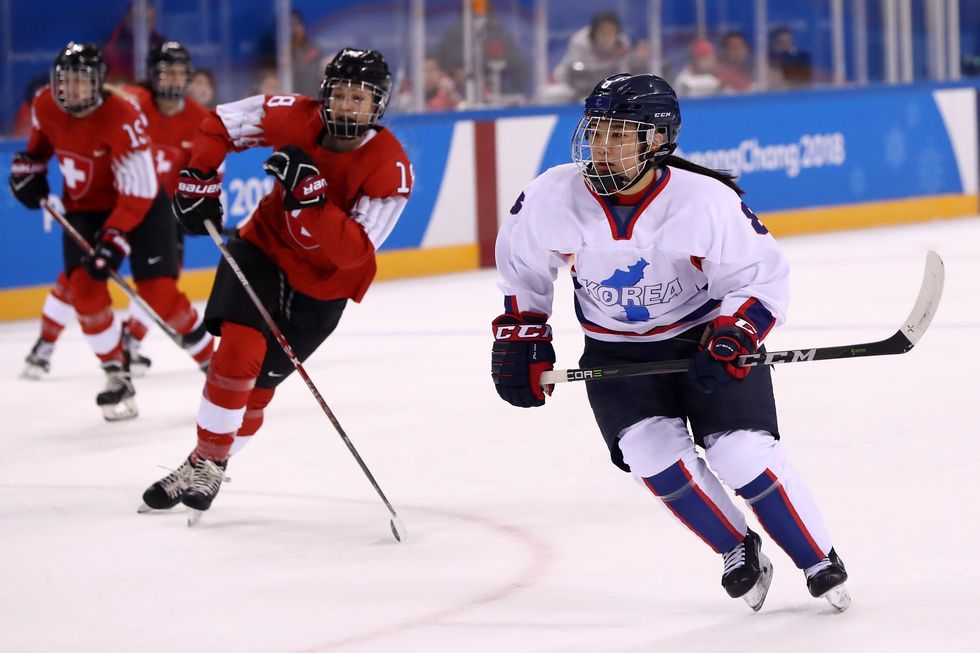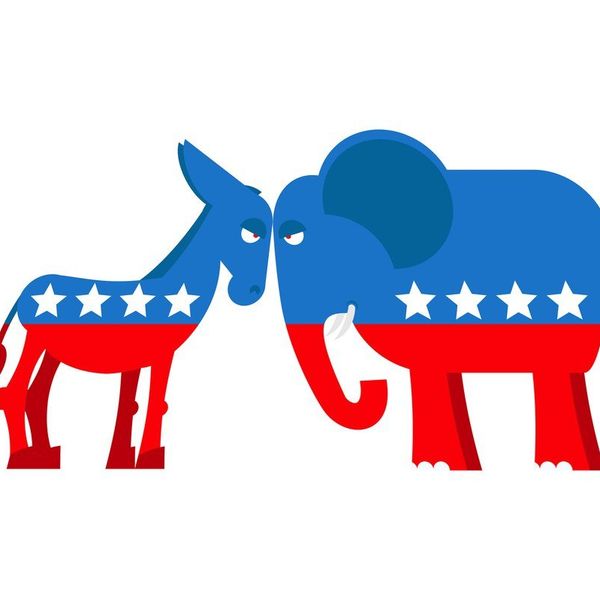The first time South Korea hosted an Olympics, in 1988 in its capital city of Seoul, the International Olympics Committee invited North Korea to talks in advance. Arriving with a list of demands, the North Korean representative not only insisted that half of the Olympics' events be held in Pyongyang, the North Korean capital, but they also went as far as pressing for the Games to be renamed the Pyongyang-Seoul Summer Olympics, with the opening ceremony in Pyongyang. When South Korea obviously answered to the negative, the North Koreans refused to attend. Then South Korean President Chun Doo-Hwan stated to the IOC president, referring to this dialogue with North Korean representatives, “If one gives one finger to North Korea, they will take the whole hand."
A truly tragic event was viewed as North Korea's unofficial response to the South's refusal of their terms. On November 29, 1987, Korean Air Flight 858, a scheduled international flight from Baghdad, Iraq to Seoul, South Korea, exploded in mid-air upon the detonation of a bomb planted inside an overhead storage bin in the airplane's passenger cabin by two North Korean agents. This killing all 104 passengers and 11 crew members onboard.
Three decades later, as South Korea kicks-off its hosting of its second-ever Olympics, the picture is thankfully very different. Last week at the opening ceremony in Pyeongchang, South Korea (not to be confused with Pyongyang, North Korea), North Korean and South Korean athletes marched side by side under one flag, being introduced as athletes of Korea, not North or South Korea.
On top of this, North Koreans and South Koreans are planned to compete side by side in the Koreas’ first joint-Olympic team, in women’s ice hockey.
This revolutionary moment in history marks a significant change in the way the Olympics have influenced the relationship between the two Koreas. For years, the rival Koreas used the Games to showcase their competing claims to represent the Korean people and try to one-up each other.
In light of recent years, however, the North and South seem to have come to see international sporting events as a chance to defuse tensions, importantly and primarily the current standoff over North Korea’s nuclear weapons and ballistic missile programs. In a greater, more symbolic way, the two Koreas seem to have come to an agreement that such international sporting events, especially one occurring on the Korean Peninsula, could send off a truly powerful message to the international community: a show of unity of the divided Korean Peninsula.
The International Olympics Committee first urged North and South Korean athletics officials to meet in 1963, a time when the divided East and West Germany had created a joint Olympic team. But the two Koreas could get no further than deciding that a hypothetical joint squad would use a well-known Korean folk song, “Arirang,” instead of picking one of their national anthems. Ultimately, this venture failed.
With an attempt at symbolic unity quashed for that year, the representatives of the divided states agreed to meet again before the Los Angeles Olympics in 1984 for another attempt. When their representatives convened at the DMZ, the talks quickly devolved into hostility. South Korea demanded that the North apologize for its responsibility in the bombing of President Chun’s presidential delegation in Burma the previous year, which killed 17 South Koreans, while North Korea called the President a “bloody-handed” dictator for ordering the massacre of protesters in the city of Kwangju in 1980.
Given this unsettling history, it's truly incredible to see how much the relations between the two nations of a common language have improved. Once finding difficulty in even communicating and cooperating with each other regarding sporting events, the two polar-opposite nations just a week ago managed to march under one banner, one depicting the silhouette of a single Korean Peninsula.
Speaking before the United Nations in September of last year, current South Korean President Moon Jae-In stated of peace between the two Koreas, "It is not an impossible dream." Referring to the 2018 Pyeongchang Winter Olympics, Moon stated that the event "will become a candle that sheds light on peace.”
While matters such as the disarmament of the North and the reunification between the two states may not directly be resolved simply by representing athletes of the two nations under one flag at a sporting event, the move sheds light on a forward-looking future in which reunification seems very much a possibility.

















